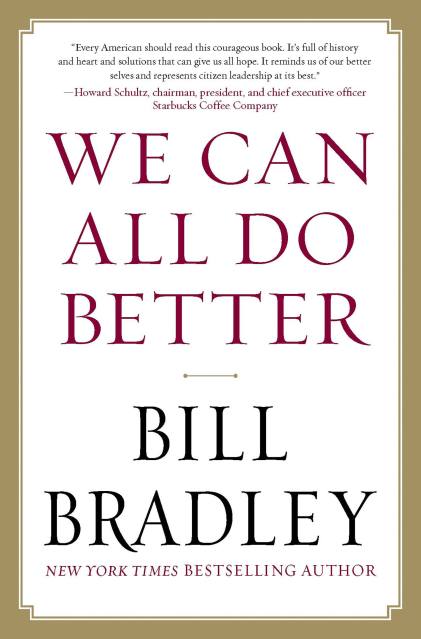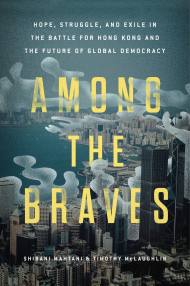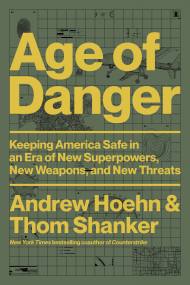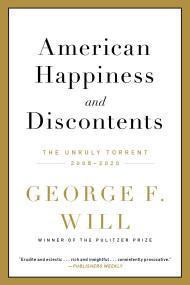By clicking “Accept,” you agree to the use of cookies and similar technologies on your device as set forth in our Cookie Policy and our Privacy Policy. Please note that certain cookies are essential for this website to function properly and do not require user consent to be deployed.
We Can All Do Better
Contributors
By Bill Bradley
Formats and Prices
- On Sale
- May 8, 2012
- Publisher
- Hachette Books
- ISBN-13
- 9781593157296
Price
$19.99Price
$25.99 CADFormat
Format:
Trade Paperback $19.99 $25.99 CADThis item is a preorder. Your payment method will be charged immediately, and the product is expected to ship on or around May 8, 2012. This date is subject to change due to shipping delays beyond our control.
Buy from Other Retailers:
The eighteen-year New Jersey Senator, financial and investment adviser, Olympic and NBA athlete, national radio host, and bestselling author has lived in the United States as both political insider and outsider, national sports celebrity and behind-the-scenes confidante, leader and teammate. His varied experiences help to inform his unique and much-sought-after point of view on Washington and the country at large.
In We Can All Do Better, for the first time since the financial meltdown and since the worst of the intensifying political gridlock, Bradley offers his own concise, powerful, and highly personal review of the state of the nation. Bradley argues that government is not the problem. He criticizes the role of money and politics, explains how continuing on our existing foreign policy, electoral, and economic paths will mean a diminished future, and lays out exactly what needs to be done to reverse course.
Breaking from the intransigent long-held viewpoints of both political parties, and with careful attention to our nation’s history, Bradley passionately lays out his narrative. He offers a no-holds-barred prescription on subjects including job creation, deficit reduction, education, and immigration. While equally critical of the approaches of the Tea Party and Occupy Movements, he champions the power of individual Americans to organize, speak out, bridge divisions, and he calls on the media to assume a more responsible role in our national life.
As this moving call to arms reminds us, we can all-elected officials, private citizens, presidents-do a better job of moving our country forward. Bradley is perhaps the best guide imaginable, with his firsthand knowledge of governments’ inner-workings, the country’s diversity, and the untapped potential of the American people.
Newsletter Signup
By clicking ‘Sign Up,’ I acknowledge that I have read and agree to Hachette Book Group’s Privacy Policy and Terms of Use






